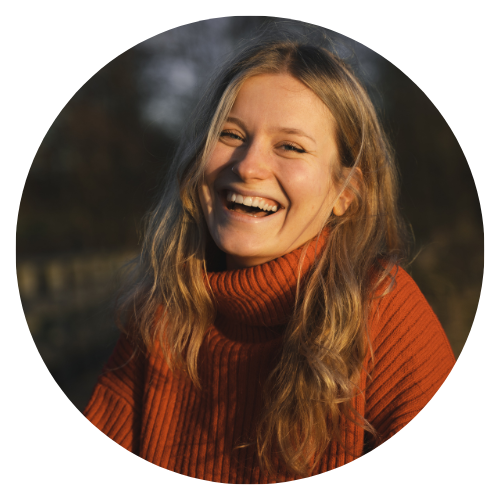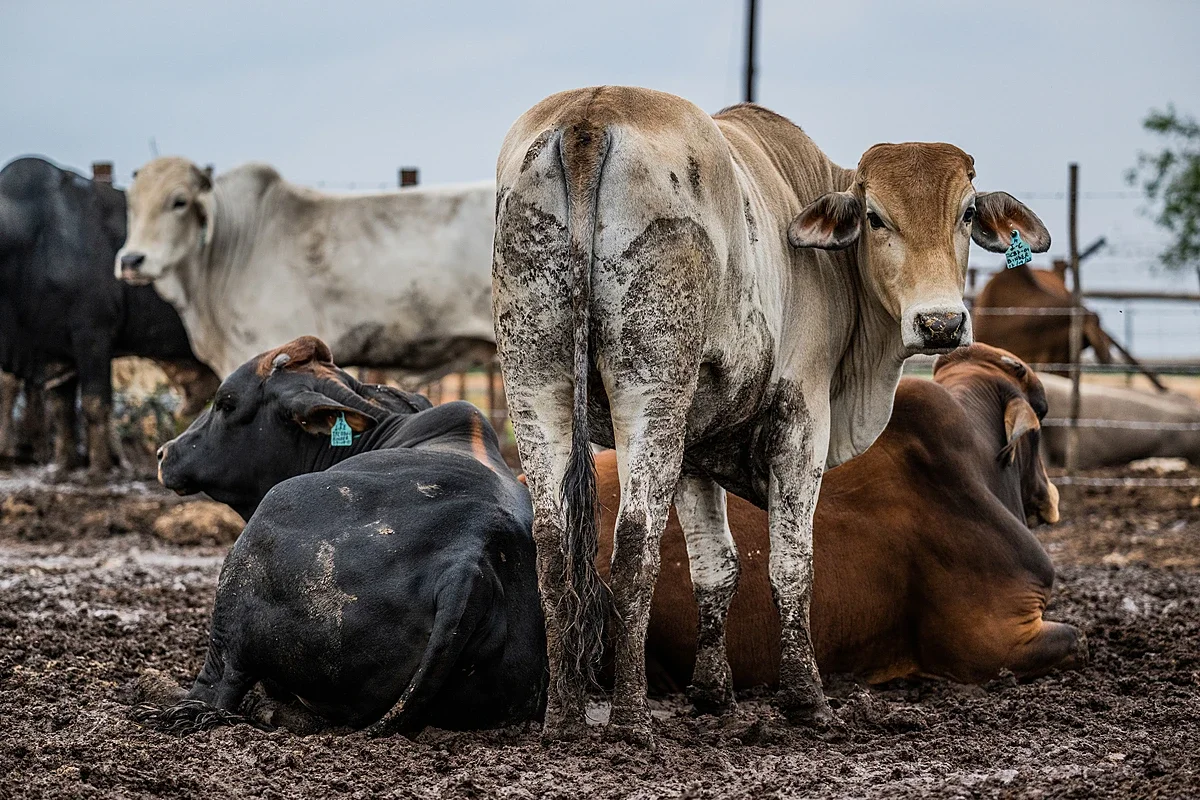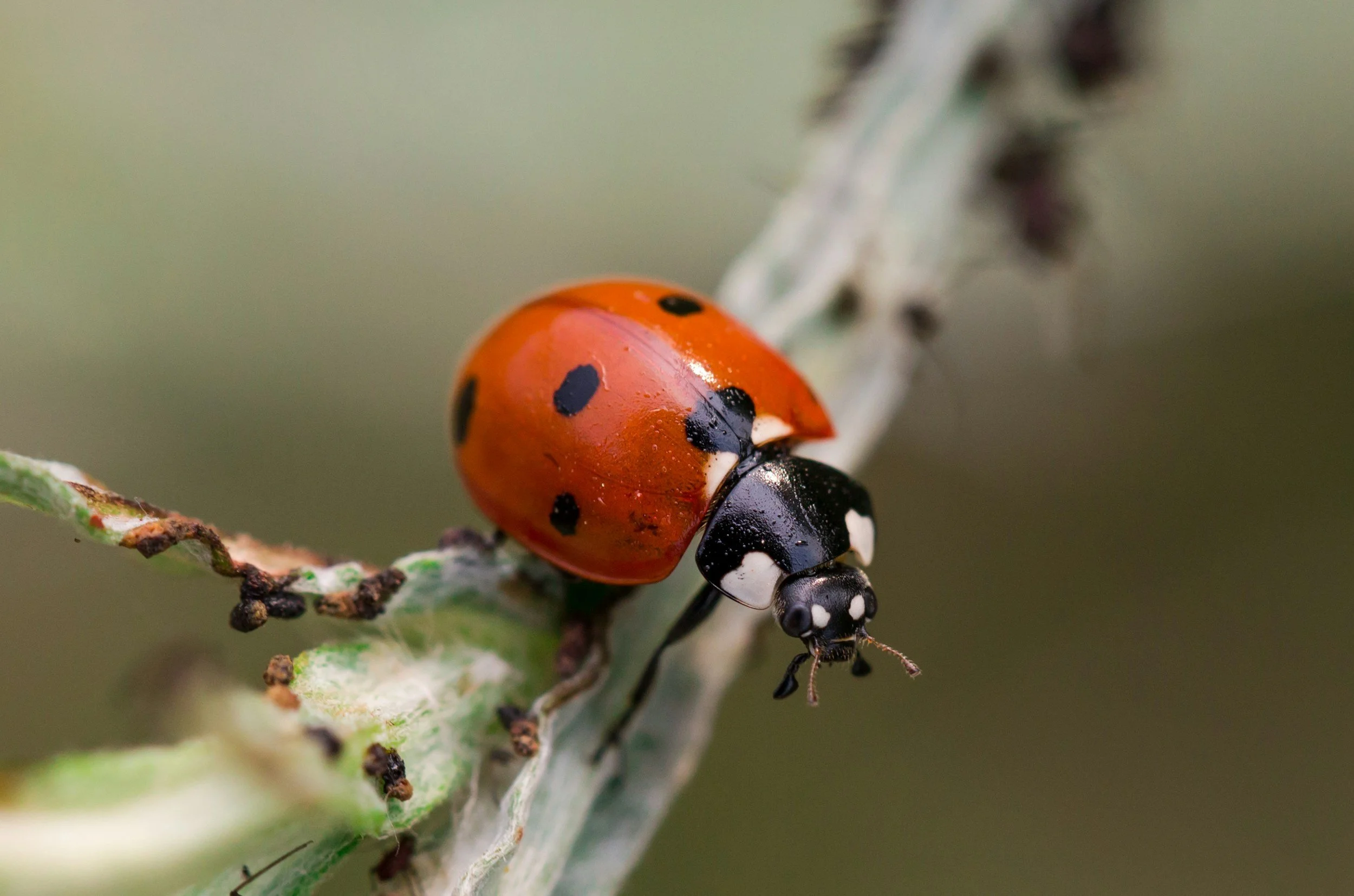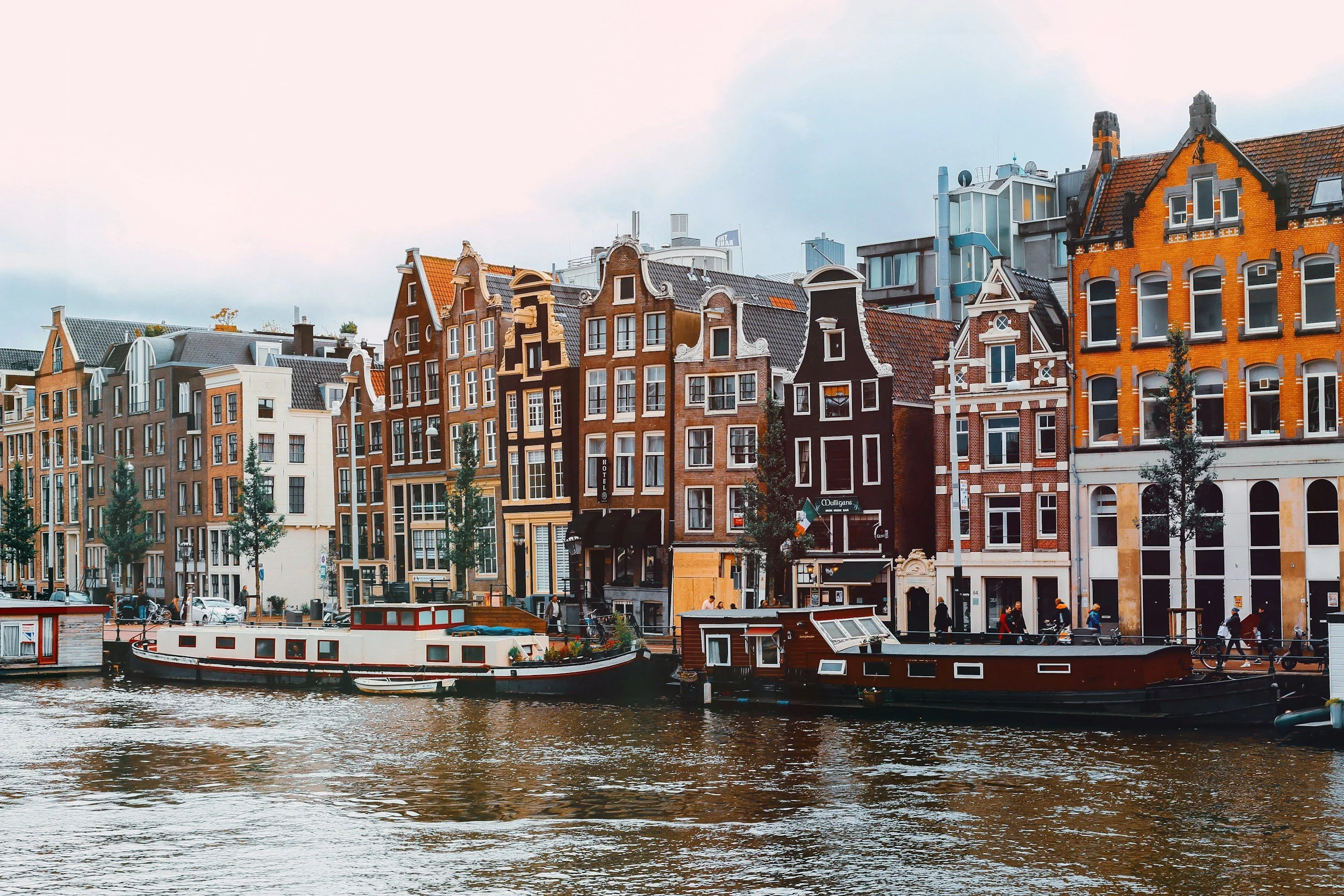Every number has a name: why it’s time to see farmed animals differently
We often reduce farm animals to numbers: how many are raised, how many are killed, how much they produce. But behind each statistic is an individual, with their own personality and sense of being. What does it mean to live a life where your entire existence is reduced to profit? Let’s take a closer look.
Credit: Jo-Anne McArthur / We Animals
Humans have dismissed the inner lives of nonhuman animals for centuries. The 17th-century philosopher Descartes, who claimed animals were nothing more than ‘beast machines’, incapable of pain or emotion; just lifeless cogs producing reflexive squeaks. This view has long been debunked and yet, in many ways, this historical view on animals is still very much alive today.
Nowhere is this mindset more visible than in factory farming. In the U.S., 99% of farmed animals spend their entire short lives confined in industrial facilities. Every aspect of their existence is controlled by humans. They are genetically altered, mutilated, and exploited to maximize profit at the expense of their well-being. They are denied the most basic experiences: the warmth of the sun, the softness of the earth, the freedom to make even the smallest choices. Along with billions of others, they are bred into existence only to be killed on a production line.
Author and philosopher Eva Meijer, who has dedicated much of her work to the inner lives of animals, explains that beyond emotional, psychological, and physical suffering, animals in these systems lose the ability to give life meaning.
“Life becomes mostly about waiting for death. I was ill for a long time, I had two years of long COVID and mostly perceived the world from the couch. I was only sporadically able to connect with others. I kept thinking about the other animals, especially those in captivity in the livestock industry and laboratories, because that is their daily reality: physical suffering, isolation, not knowing if or when it will change.”
A resource to be harvested
Credit: Jo-Anne McArthur / We Animals
For factory farming to operate as it does, society has had to strip these animals of their individuality. Language plays a powerful role in this. Mothers became ‘breeding stock’. Baby cows are labeled ‘veal’. Fish are no longer living beings but a resource to be ‘harvested’. We speak of these living beings as if they are objects: something, not someone.
According to Gene Bauer, Co-founder of Farm Sanctuary, one of the most damaging misconceptions about farm animals is human entitlement. "We think that they don’t matter, that their lives are of no consequence; that they are here for us to use."
Even the U.S. Animal Welfare Act (AWA), which sets the bare minimum standard of care, fails to recognize them as worthy of protection. Fish, poultry, rats, mice bred for research, and farmed animals like cows, pigs, and sheep are not even classified as ‘animals’ under the law. This means the same cruelty that would be illegal if inflicted on a dog or cat, is entirely legal when done to a pig, cow, or chicken.
Meijer notes that over the past two decades, an enormous amount of research has been published on the cognition, emotion, language, cultures, and social lives of non-human animals. So, what happens when these sensitive beings are forced into environments that deny everything they are?
The result is profound psychological stress and depression. Sometimes, the only way to cope with this stress is through self-harm. But instead of improving conditions, the industry has developed methods to mask the symptoms. Feather picking and cannibalism in caged hens? Trim their beaks with a hot electric blade shortly after birth! Tail-biting in pigs? Cut their tails off in their first days of life! All without anaesthesia.
The list goes on and on. These tactics don’t address the root causes, such as confinement, lack of stimulation, and broken social bonds. They simply reduce the visible consequences. Their suffering isn’t unrecognized because they don’t feel, it’s ignored because acknowledging it would challenge the entire system built on their exploitation.
When we choose to see them
When animals are rescued from industrial farms and brought to sanctuaries, they often carry deep trauma. Gene Baur has been offering refuge to farmed animals since 1986, and he carries with him countless stories of those who have suffered. Sanctuaries like his offer more than safety, they create space for healing. Not just through the care of humans, but through the support and presence of the non-human communities living there.
“I brought Opie, who was a calf left for dead at a stockyard, to the sanctuary. I cared for him, and he recovered physically, but he wasn’t thriving until I brought him out to the cow barn. The cows gathered around him, moved toward him, and suddenly, this spark lit up inside him. It was like he knew from that moment on, he was in a safe space.”
Gene Baur and Opie at Farm Sanctuary. Photo: Jo-Anne McArthur/We Animals
Non-human animals are living beings. They are the same as humans in all ways that matter. If we accept that these animals feel, then we must also accept that what we do to them matters. Their suffering is not an abstract concept: it is real, it is ongoing, and it is preventable. As individuals, we have the power to shift the narrative. The words we us matter. The choices we make matter. Seeing farmed animals as the sentient beings they are is the first step toward a more compassionate world: one where no living being is treated as disposable.
Written by Sarah-Manon Blok
Sarah-Manon Blok is a freelance journalist dedicated to using food as a catalyst for meaningful change. With a focus on sustainability and ethics, she inspires others through her plant-based catering service Planty To Love, her regenerative farm, and her writing to make more conscious and impactful choices.
We Have A Favor To Ask…
Species Unite amplifies well-researched solutions to some of the most abusive animal industries operating today.
At this crucial moment, with worldwide momentum for change building, it’s vital we share these animal-free solutions with the world - and we need your help.
We’re a nonprofit, and so to keep sharing these solutions, we’re relying on you - with your support, we can continue our essential work in growing a powerful community of animal advocates this year.







